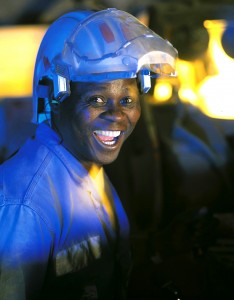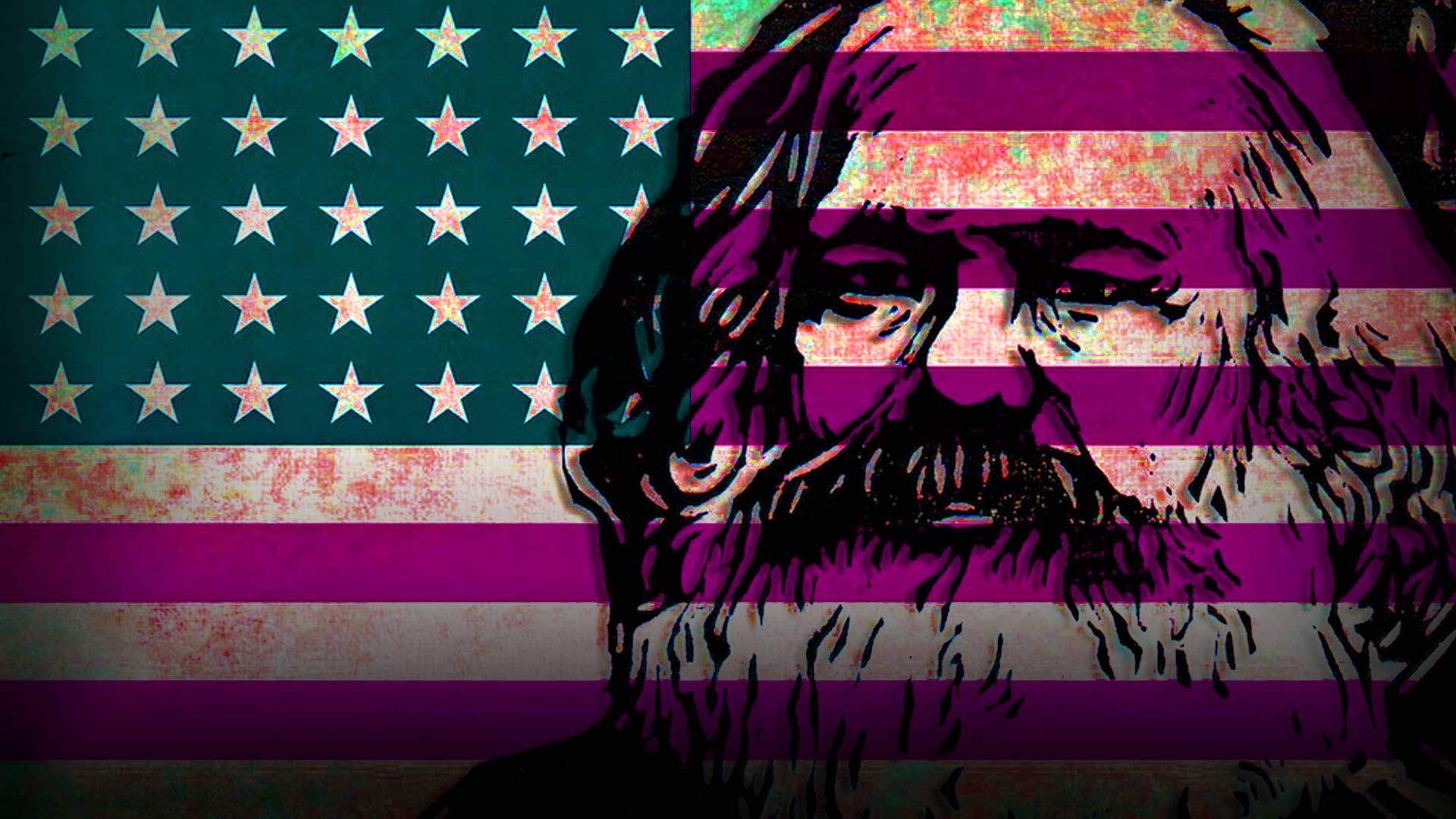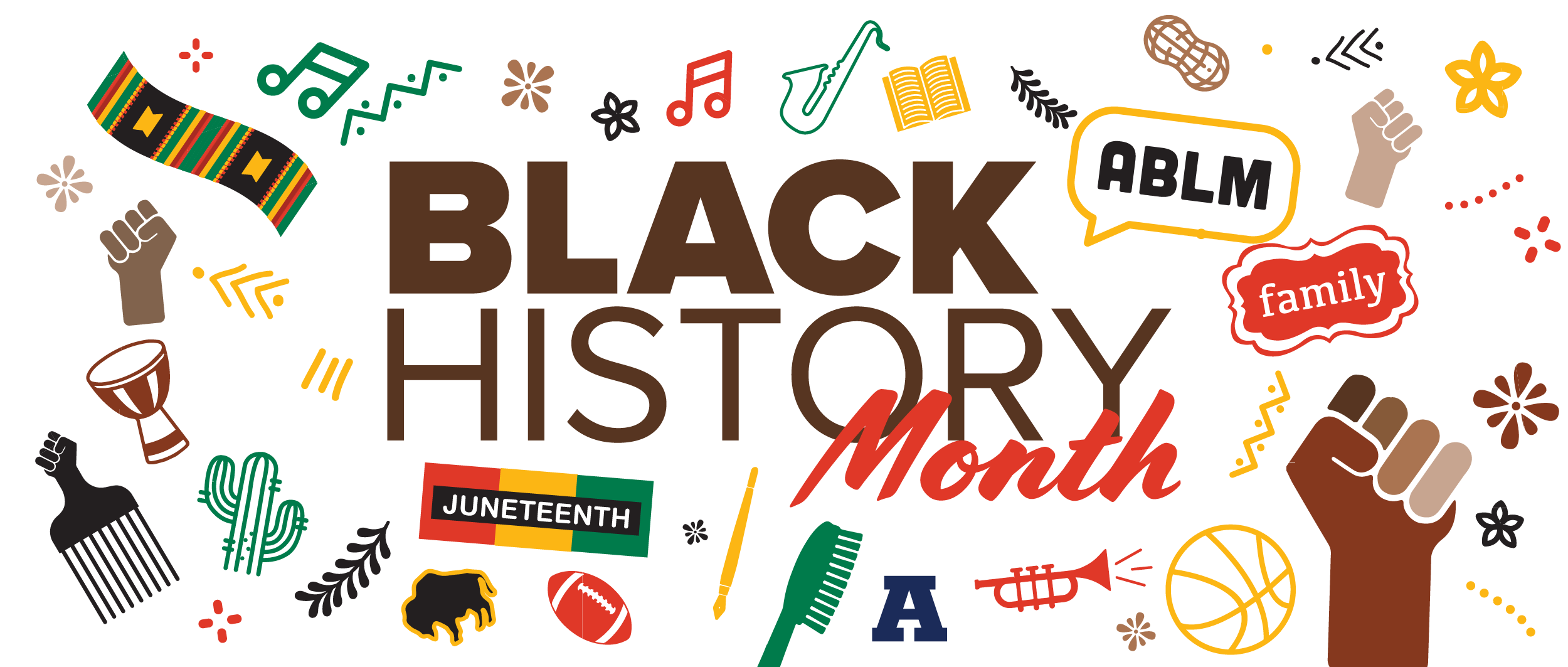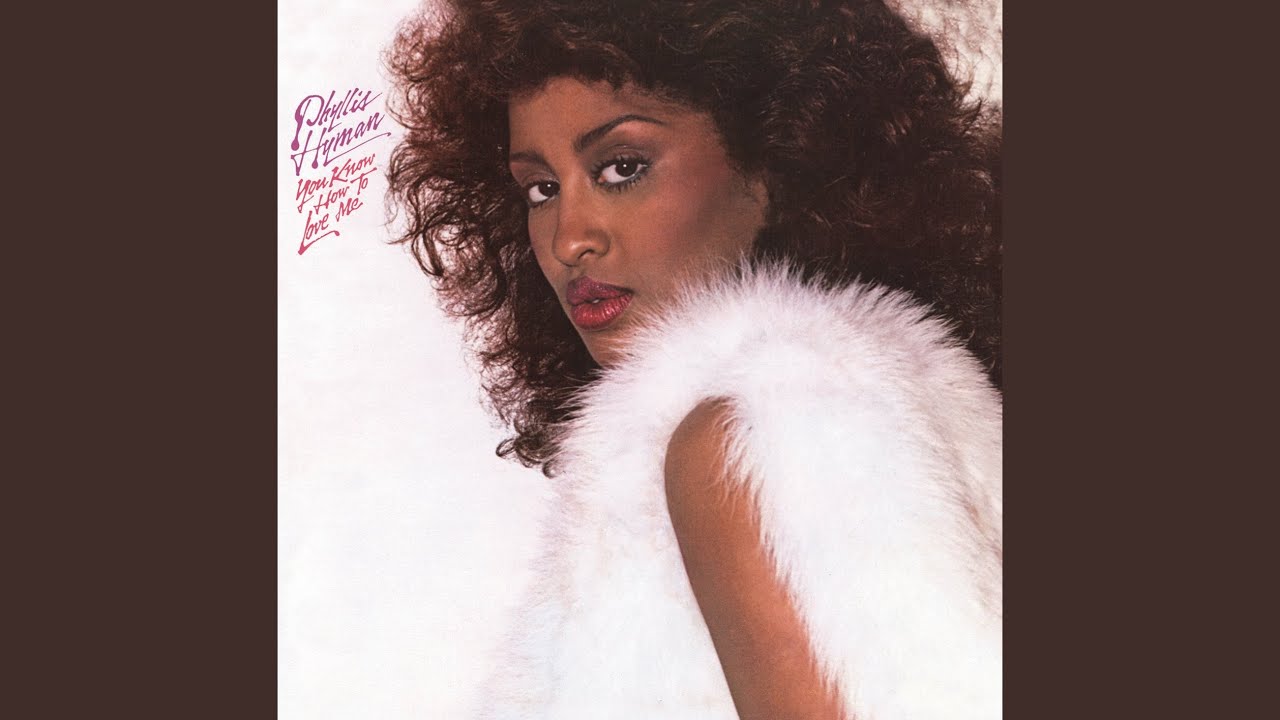(ThyBlackMan.com) The economy hasn’t been kind to organized labor — especially black organized labor. Why it’s poised for a comeback…
Notwithstanding Treasury Secretary Timothy Geithner’s late-summer paean to a phantom economic recovery (does he have imaginary playmates as well?), this Labor Day will be the bleakest for America’s workers since the nadir of the Great Depression in 1932.
Back then, the unemployment rate was closing in on 25 percent. Foreclosures were up, morale down, and Franklin Delano Roosevelt wouldn’t be sworn in for almost another six months. Not that it seemed to matter all that much at the time. It was hardly a foregone conclusion that Roosevelt would lay the foundation for a modern industrial state, and what’s more, workers didn’t appear to have enough muscle to exert any real political pressure on the incoming administration. After more than a decade of aggressive union busting by big business, the number of workers belonging to unions had been shorn almost in half in the post World War I period, from 5 million in 1920 to 2.85 million in 1933.
As it turned out, organized labor had ’em right where they wanted.
Over the next 15 years, the nation’s trade unionists in general — and the integrated Congress of Industrial Organizations (CIO) in particular — created the American middle class, transforming awful jobs in the packinghouses, auto factories, mines and mills into good jobs. With African Americans in the vanguard, trade unions pressured Roosevelt and Congress to pass the 1935 Wagner Act, giving employees the green light to organize. It enabled them to  coax better pay, benefits and working conditions from employers and prodded the stodgy, conservative and mostly white union leadership to expand its sphere of influence beyond the shop floor.
coax better pay, benefits and working conditions from employers and prodded the stodgy, conservative and mostly white union leadership to expand its sphere of influence beyond the shop floor.
Between 1935 and 1985, the number of blacks in labor unions skyrocketed from 50,000 to 3 million. In 1940s Chicago, an African-American stockyard worker named Charles Hayes led a faction of white, black and Asian workers who challenged and ultimately replaced the all-white leadership of the meatpackers’ union, and in the years that followed, the United Food and Commercial Workers Union supported Martin Luther King Jr. in the 1955 Montgomery bus boycott; helped bankroll the Southern Christian Leadership Conference’s voter registration drives in the Deep South; and raised funds, staffed phone banks and helped get out the vote for Chicago’s first black mayor, Harold Washington. Washington responded by recognizing, for the first time, city workers’ collective bargaining rights. (When he took office, nearly one in three union members was African American.)
So if history is any guide, America’s labor force is poised for a comeback. If nothing else, it certainly has the element of surprise.
Like their grandparents were in the early ’30s, workers in 2010 are on the losing end of a long and demoralizing rout at the hands of a financial elite and the bipartisan political class that largely does their bidding. By shipping well-paying factory jobs overseas, big business has hollowed out the country’s manufacturing sector and the ranks of the country’s labor unions, replacing well-paying, unionized, industrial jobs with low-paying, non-union jobs in a service sector that is, anthropologically speaking, not very different from the Colonial-era African porters who waited on European settlers hand and foot.
For blacks and Latinos, especially, wages are losing ground, jobless rates are flirting with Great Depression-era unemployment levels and union cards are becoming relics. The overall ratio of American workers who belong to trade unions has fallen precipitously since the ’50s from one in three to about one in 10 today. But perhaps more troubling for the American working class is that African Americans accounted for only 16 percent of all union members in 2006 — a couple of years before the latest economic downturn.
The steep decline imposes costs not just on workers’ paychecks but on American democracy as well. Just as strong labor unions have been integral to the struggle for nationalized health care systems in Canada and Europe, egalitarian tax and trade policies, and human rights, America’s organized labor movement has proved an effective advocate for the expansion of liberal democracy. For instance, dockworkers in the ’80s refused to unload South African ships as a protest against apartheid. Often, such changes have happened only when African Americans have played a leading role.
“The labor movement has always been at its strongest and its best when it identified with the unemployed, with the fight against racism, the fight against sexism and the wider fight for civil rights,” said Roger Touissaint, a Caribbean-born black who, as head of New York’s Transit Workers Union Local 100, was briefly jailed in 2005 for leading the largely black and Latino workforce on a three-day walkout that shut down the city’s subways and buses.
“Blacks and leaders of color tend to occupy the more forward-looking and progressive wing of the movement with progressive whites,” Touissaint said. “When it abandons that flank is when the labor movement is identified less as a force of change and more as a special interest. That’s when it gets into trouble.”
To recapture that lost moral standing, the TWU is one of nearly 150 trade unions and civil rights groups sponsoring an October 2 rally in Washington, D.C., for “jobs, justice and education for all.” Organizers — led by Service Employees International Union Local 1199 President George Gresham and NAACP President and Chief Executive Officer Ben Jealous, both African American — hope the event will reclaim the nation’s political narrative from right-wing factions like Fox News and pundit Glenn Beck as well as reinvigorate the progressive political movement that shaped the New Deal.
Both are necessary to re-route an Obama administration that has steered off course, according to labor activists who are disappointed in the president’s inability — or unwillingness — to deliver a national, single-payer health-care system, a large-scale jobs program or homeowner relief. They are also leery of his administration’s antagonism toward teachers’ unions and a lack of assertiveness in pressing Congress to pass the Employee Free Choice Act, which, by allowing employees to join a union merely by checking a card on a box, would likely have been the most transformative piece of progressive legislation since the New Deal.
Removing the barrier to unionization imposed by the 1947 Taft-Hartley Act — which greatly weakened the Wagner Act — would have gone a long way toward rebuilding the postwar middle class in America because, as one labor activist said, “you can’t offshore jobs at Walmart and Home Depot.”
The Obama administration, Touissaint said, “is trying to find its conscience. The results so far have not been encouraging. But we can’t lay all the blame at Obama’s feet.” He pointed to striking civil service workers in South Africa who took to the streets last month in a nationwide strike for higher wages and eventually forced government officials back to the negotiating table. “The popular movement did not retreat to their living rooms. They have not forgotten that the agent of change is struggle and resistance. We forgot that.”
Written By Jon Jeter

















Update on the issue of DC Mayor Adrian Fenty’s friends receiving contracts. During a TOWNHALL meeting, DC Councilman David Catania holds a reading of Federal Law for the Fenty administration’s City Administrator Neil Albert and the following excerpt is presented with ‘NO SPIN’: http://www.youtube.com/watch?v=vsUUHQWdNj8
You decide. Pass it on.